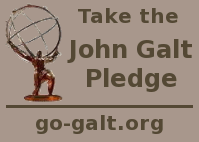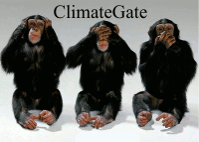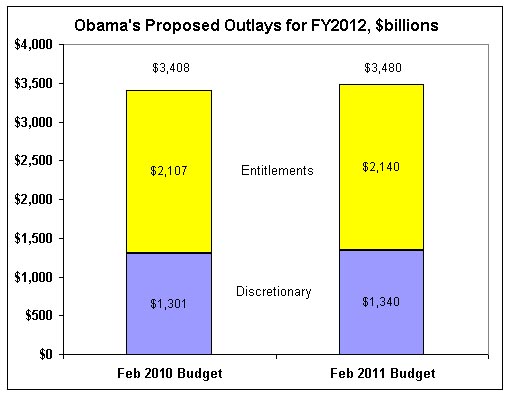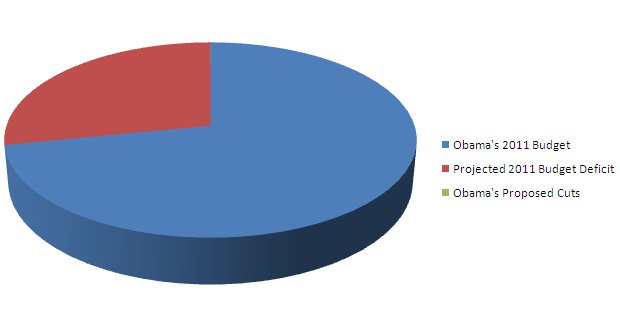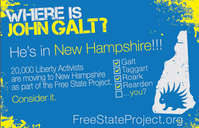11-22-2011

Permalink

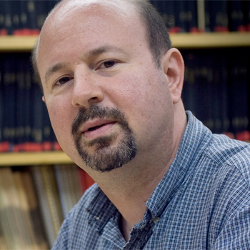
Michael Mann
Penn State Univ.
|
Subject: Climategate — Version 2.0
After the original
Climategate
scandal broke back in 2009, revealing how the scientific method had
been corrupted by the incestuous relationship between government
funding of research and institutions willing to manufacture politically
expedient conclusions in exchange for those funds, it was not as if
there was any need to further confirm the junk status of much
of what has passed for climate science research. Nevertheless, a
second round of emails exchanges from the UK's Climate Research Unit
at the University of East Anglia have now been released.
Apparently culled from the same set of files that were taken back in
2009, these exchanges focus more on the political agenda driving the
climate message along with the role that the UN's Intergovernmental
Panel on Climate Change (IPCC) has played in that regard. As
James Delingpole,
reporter for the British newspaper The Telegraph, succinctly states
it:
|
"In other words, what these emails confirm is that the great
man-made global warming scare is not about science but about
political activism.
|
The new correspondence was released by someone calling themselves
FOIA, obviously standing for the Freedom of Information Act,
and while the full set of documents has yet to be reviewed, the
README.
file compiled by FOIA includes a large number of excerpts.
Recognizing that these have been taken out of context and will need to
be verified by a full reading of the material, here are a few of the
more interesting comments from that summary:
Phil Jones of East Anglia's Climate Research Unit, discussing the
packing of the IPCC:
|
Getting people we know and trust [into IPCC] is vital —
hence my comment about the tornadoes group.
Useful ones [for IPCC] might be Baldwin, Benestad (written on
the solar/cloud issue — on the right side, i.e
anti-Svensmark), Bohm, Brown, Christy (will be [sic] have to
involve him ?)
|
Bob Carter of Australia's James Cook University, discussing centralized
scientific decision-making:
|
It seems that a few people have a very strong say, and no
matter how much talking goes on beforehand, the big decisions
are made at the eleventh hour by a select core group.
|
Tom Wigley from the U.S. National Center for Atmospheric Research,
discussing deceptions of the IPCC:
|
Mike, The Figure you sent is very deceptive [...] there have
been a number of dishonest presentations of model results by
individual authors and by IPCC [...]
|
Peter Thorne of the UK's Met
Office, discussing the political manipulation of science:
|
I also think the science is being manipulated to put a
political spin on it which for all our sakes might not be
too clever in the long run.
|
Jonathan Overpeck from Univ. of AZ Inst. of the Environment,
discussing letting the ends justify the means:
|
The trick may be to decide on the main message and use that
to guid[e] what's included and what is left out.
I agree w/ Susan [Solomon] that we should try to put more in
the bullet about "Subsequent evidence" [...] Need to convince
readers that there really has been an increase in knowledge
— more evidence. What is it?"
|
Leopold Haimberger from the Univ. of Vienna, discussing manipulating
data to fit preconceptions:
|
It is interesting to see the lower tropospheric warming
minimum in the tropics in all three plots, which I cannot
explain. I believe it is spurious but it is remarkably
robust against my adjustment efforts.
|
Phil Jones of East Anglia's Climate Research Unit, discussing how to
manipulate the message:
|
We don't really want the bullshit and optimistic stuff that
Michael has written [...] We'll have to cut out some of his
stuff.
|
Michael Mann of Penn State University, discussing the manipulation of
the propaganda:
|
the important thing is to make sure they're loosing the PR
battle. That's what the site
[Real Climate]
is about.
|
Steven J Humphrey of the UK's governmental Department DEFRA, discussing the state's agenda:
|
I can't overstate the HUGE amount of political interest in the
project as a message that the Government can give on climate
change to help them tell their story. They want the story to
be a very strong one and don't want to be made to look foolish.
Somehow we have to leave the[m] thinking OK, climate change is
extremely complicated, BUT I accept the dominant view that
people are affecting it, and that impacts produces risk that
needs careful and urgent attention.
|
Thomas J. Crowley of the University of Edinburgh, discussing how
sociology trumps science:
|
I am not convinced that the "truth" is always worth reaching
if it is at the cost of damaged personal relationships
|
Mike Hulme of East Anglia's School of Environmental Sciences,
discussing religious influences on science:
|
My work is as Director of the national centre for climate
change research, a job which requires me to translate my
Christian belief about stewardship of God's planet into
research and action.
|
Phil Jones of East Anglia's Climate Research Unit, discussing
circumventing Freedom of Information laws:
|
I've been told that IPCC is above national FOI Acts. One way
to cover yourself and all those working in AR5 would be to
delete all emails at the end of the process
[...]
Any work we have done in the past is done on the back of the
research grants we get — and has to be well hidden.
I've discussed this with the main funder (US Dept of Energy)
in the past and they are happy about not releasing the
original station data.
|
Keith Briffa of East Anglia's Climate Research Unit, discussing
circumventing Freedom of Information laws:
|
UEA does not hold the very vast majority of mine [potentially
FOIable emails] anyway which I copied onto private storage
after the completion of the IPCC task
|
Michael McGarvie, a director at East Anglia, discussing circumventing
Freedom of Information laws:
|
As we are testing EIR with the other climate audit org request
relating to communications with other academic colleagues, I
think that we would weaken that case if we supplied the
information in this case. So I would suggest that we decline
this one (at the very end of the time period)
|
However, of all the statements made, the most damning are those where
the participants speak casually of their fealty to "the cause" of
global warming. This clearly demonstrates that it is not truth that
they seek, but a preordained outcome that motivates their efforts,
and science be damned. Consider the following:
Michael Mann of Penn State University:
|
By the way, when is Tom C going to formally publish his
roughly 1500 year reconstruction??? It would help the
cause to be able to refer to that reconstruction as
confirming Mann and Jones, etc.
They will (see below) allow us to provide some discussion of
the synthetic example, referring to the J. Cimate [sic] paper
(which should be finally accepted upon submission of the
revised final draft), so that should help the cause
a bit."
I gave up on Judith Curry a while ago. I don't know what she
think's she's doing, but its not helping the cause"
[emphasis added]
|
Berger:
|
Phil, Many thanks for your paper and congratulations for
reviving the global warming.
[emphasis added]
|
|



